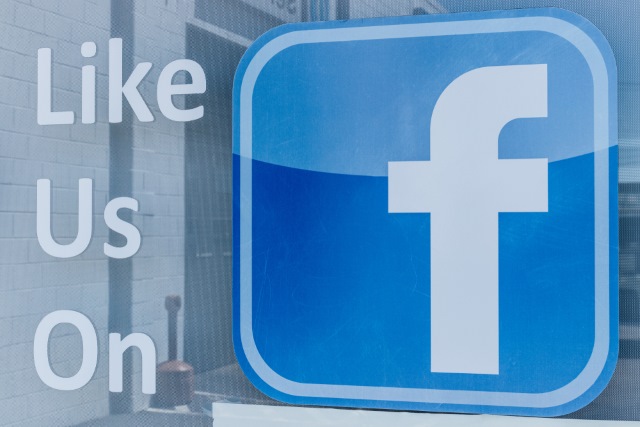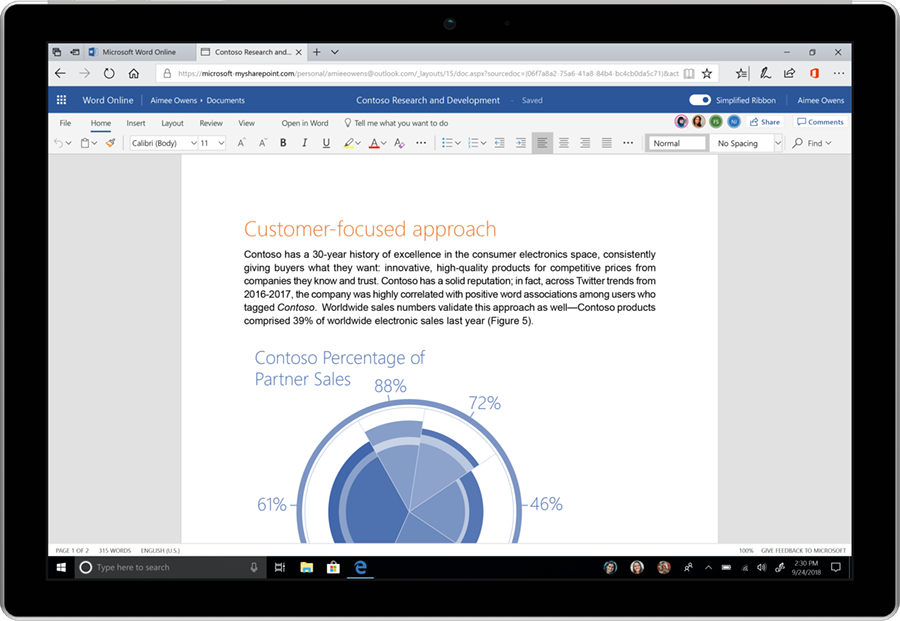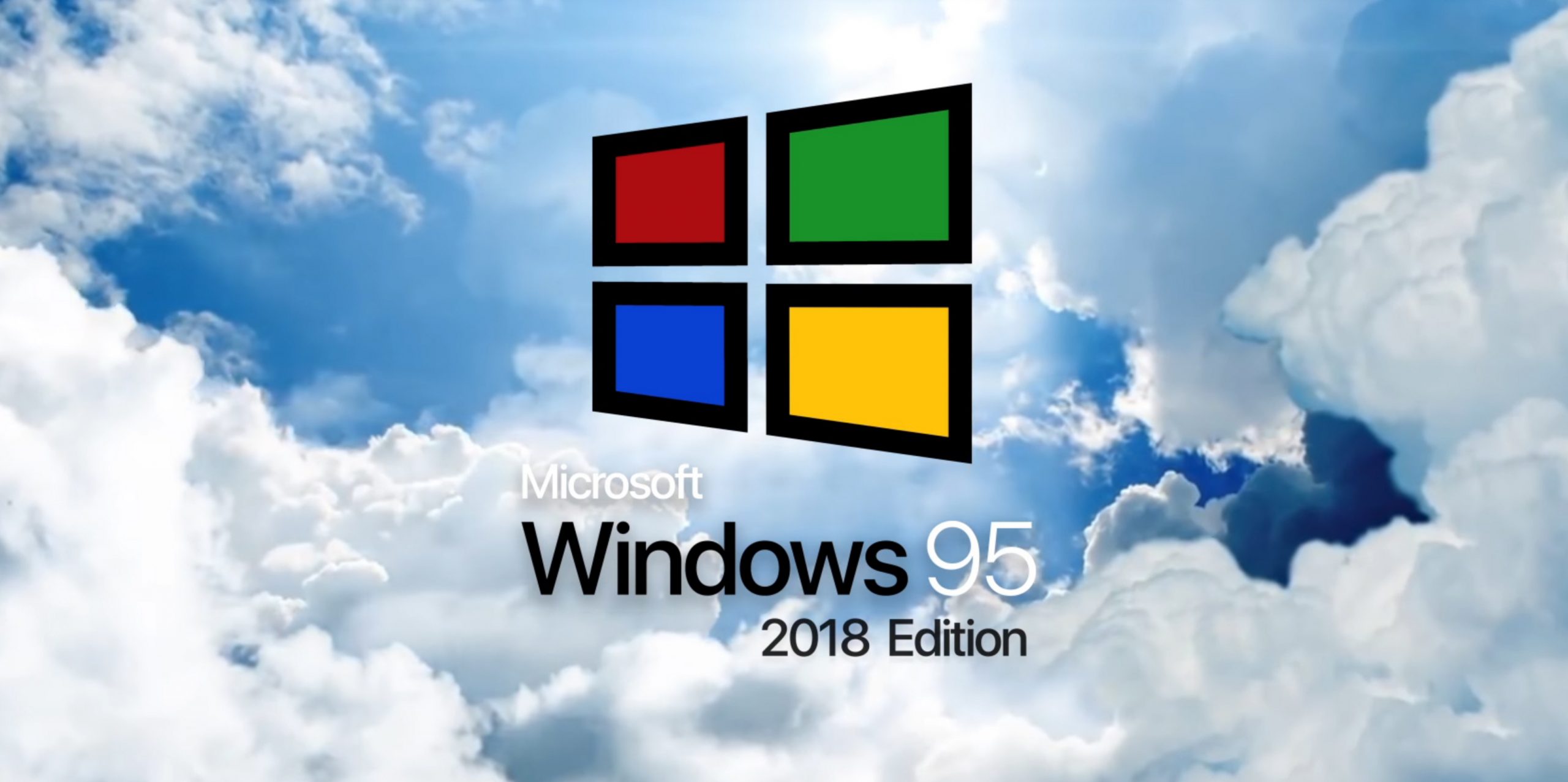
Why London will always be a global connectivity leader
With the General Data Protection Regulation (GDPR) in effect, and Brexit negotiations in full swing, there is tremendous debate about London’s new place in the world economy. However, even in a post-Brexit and GDPR world, London is a resilient city with a 400-year history at the center of trade and finance.
In 1998, my company, Interxion,strategically chose central London as the location of its first data center. Twenty years later, we continue to invest in this city with the launch of our third data center, opening in July. So what makes London such an attractive connectivity hub for businesses all over the world?

Mobile: The driving force behind digital transformation
From retail to manufacturing, the digital transformation is taking the world by storm, and mobile is leading the charge. With mobile affecting everything from corporate processes to the customer experience, it’s important for businesses to understand just how mobile and the digital revolution are bringing big changes.
As productivity increases, so does the need to communicate more quickly. Currently, it takes 50 milliseconds to send a piece of data from one mobile device to another. Impressively, with 5G, that time will be cut to just one millisecond -- now, that’s fast. While operators are projected to spend $1.7 trillion on equipment upgrades between now and 2020 in preparation for the arrival of 5G, the results will be well worth it. By 2025, 5G is expected to reach 2.6 billion subscribers -- or one-in-five mobile connections around the world.

Privacy: Facebook advertisers must warn users if ads are targeted because of data they purchased
The fall out from the Cambridge Analytica scandal continues for Facebook, and the social media giant is busy trying to repair its somewhat tattered reputation. The latest measures see the company introducing new privacy safeguards to inform users if advertisers are using information supplied by so-called "data brokers".
These brokers are firms that gather data about people and then sell this information on to other companies, often for the purposes of targeted advertising. Facebook is not banning the practice, merely requiring advertisers to keep users informed.

Apple updates App Store rules to prevent devs gathering data from contacts
Apple has tweaked its App Store policies, closing a loophole that made it possible for developers to gather data from phone contacts and then sell or share that data without consent.
Until very recently app developers have been able to ask for permission to access users' address books and then use this permission to gather data about contacts. But with the latest policy change -- introduced with no announcement -- Apple has clamped down on this practice in the name of privacy.

Microsoft Office gets a facelift to improve usability
Microsoft has announced that it's giving its flagship Office suite a makeover designed to deliver a balance of 'power and simplicity'.
The updates apply to Office.com and Office 365 and will be rolled out over the next few months, the company says it will 'test and learn' as it goes -- those of a cynical mind might see that as code for letting users find the bugs.

Xbox One reported to integrate with Google Assistant and Alexa
Rumors are swirling that it won’t be long before people could talk to their smart speakers to control aspects of their Xbox One systems. Details are scarce, but here’s what’s known so far.
Microsoft formerly offered voice control functionality for Xbox players through its Kinect accessory. But, once the company discontinued it in 2017, and then quit making Xbox One adapters for the Kinect shortly afterward, gamers became more limited. The Xbox One does have Cortana, but the availability of features that work with Alexa and the Google Assistant could help players do even more with their systems.

Data science moves away from big data towards containers and cloud
Traditional Hadoop-style big data is giving way to cloud and container solutions like Docker, according to the results of a new survey.
The State of Data Science survey, carried out by Python data science platform Anaconda, among over 4,000 of its users, shows that Docker now makes up 19 percent of data science platforms, beating Hadoop/Spark with 15 percent and Kubernetes at 5.8 percent.

Ransomware: As big a threat as the media claims
Ransomware is a very real threat that targets businesses of all sizes and industries. Really any business can be a target. With that being said financial institutions and retail are most at risk given the transactional nature of their business and the number of people that may have access to a terminal or computer at any given point in time.
The first thing that an organization needs to do is recognize that they are a target for ransomware just like any other company. Next, they need to ensure that they have the proper tools anti-virus/anti-malware installed on all computer systems to detect and defend against ransomware attacks. Of course, after this comes ensuring that the anti-virus/anti-malware software is kept up-to-date to ensure that the signature and traffic detection patterns are updated. It is critical that businesses have some sort of ransomware defense plan in place.

Free Chrome extension helps internet users spot fake news
The rise of fake news has affected many people's faith in the internet as a reliable source. In order to help with the problem, Adblock Plus maker eyeo is launching a new browser extension called Trusted News.
Available free for Chrome browsers, the extension works by checking domains, websites, and news sources against the world's largest network of fact-checking databases.

Would you swap Windows 10 for Windows 95 -- 2018 Edition?
Windows 95 was never much to look at, with its predominately grey, boxy design, but two decades ago it was revolutionary, introducing Windows users to the concept of a Start menu and taskbar for the first time, as well as rudimentary plug-and-play support.
Truth be told, it was never the greatest of operating systems (Windows 98 and XP both improved significantly on the foundations it laid down) but if it had a modern makeover, could we forgive its shortcomings? Feast your eyes on Windows 95 -- 2018 Edition, and decide for yourself.

UK tech sector gets £2.3 billion investment boost
As part of London Tech Week, 1,600 new jobs and billions of pounds of investment into the UK economy have been announced at an event hosted by Prime Minister Theresa May in Downing Street.
Private sector funding comes from companies including Salesforce, which is investing £1.9bn in the UK over the next five years, this will include the opening of its second UK data center in 2019.

Offline Google Translate to be boosted by AI
Google is improving the offline translation skills of Google Translate with an injection of AI in the form of neural machine translation (NMT).
The use of on-device AI helps to dramatically improve the quality of offline translations, and works in much the same as online translations do. The use of neural machine translation helps to improve accuracy by looking at complete sentences, rather than translating word by word.

95 percent of parents worry about the risks children face from online games
Although a large majority of parents (95 percent) say they’re concerned about the risks online gaming poses, they admit to allowing games to entertain their offspring.
A new study by McAfee finds 92 percent of parents allow their children to play at least one hour of video games every day, with eight percent admitting that they allow their children to play more than five hours a day. On average, children play video games for 2.13 hours a day or nearly 15 hours a week.

Dixons Carphone suffers two major security breaches exposing customers' bank card details and personal information
Another week, another cyberattack. This time around, it's the Dixons Carphone group which says it has fallen victim to not one but two major breaches.
The bank card details of 5.9 million customers have been accessed by hackers in the first breach. In the second, the personal records of 1.2 million people have been exposed.

Google doubles down on Chrome extension security by blocking inline installations
At the moment there are a couple of ways to install Chrome extensions -- either via the Chrome Web Store as Google would prefer, or via an inline installation from any website.
Aware that this latter option opens up the possibility of people installing malicious extensions, Google is clamping down. Starting today, all newly-published extensions can only be installed via the Chrome Web Store, and this restriction will extend to existing extensions over the remainder of the year.



